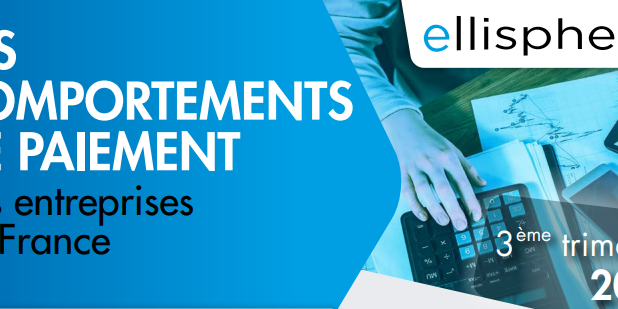The Covid-19 health and economic crisis has led to financial difficulties for many companies despite a strong national and international mobilization. All players and all industries have been affected by the various measures taken to contain the pandemic. In this context, cash flow has become a key element for the future of companies.
Cash management: a necessary adaptation to the crisis context
Cash flow refers to all the sums that a company can immediately mobilize. As the current economic crisis is likely to have long-lasting repercussions, companies must anticipate and activate several levers to preserve their cash flow:
- Adaptation of action plans,
- Business continuity plan,
- Management of the absence of key people,
- Increased security,
- IT infrastructure resilience,
- 12-month rolling operating and cash flow budgets,
- Implementation of financing including PGE,
- Reduction of the working capital requirement (WCR),
- Rolling forcast (periodic budget review)
Cash management: forecasting at the heart of business issues
The sustainability of the company depends on a work of operating forecasts. A budget forecast allows you to establish a quantified evaluation of the company's income and expenses. It allows to anticipate the financial situation of the company in order to adapt its financing strategy.
However, in the context of an economic crisis where the future appears uncertain and risky, the budget forecast must be considered according to two types of action: a likely or reasonable scenario and a deteriorated scenario.
- The first scenario anticipates a recovery of the national and international economy in the coming months with a gradual recovery of business.
- The second scenario appears to be a stress test, i.e. a simulation of extremely negative but plausible economic and financial conditions.
These two forecasts make it possible to anticipate the consequences of the economic situation in order to ensure the company's financing needs.
Invoice quickly to improve cash flow
In order to avoid longer payment terms and to improve cash flow, rapid invoicing and collection are necessary. The aim is to reduce working capital requirements as much as possible in order to maintain a balanced financial structure.
The digitization of processes, in particular through the implementation of electronic signatures and electronic invoices, makes the transmission of information more reliable and faster, while reducing time and costs. The use of financial information solutions such as the Covid resilience score or payment behavior limits risks and allows for continuous adjustment of credit policy.
Finally, a preventive reminder before the due date and the use of a customer relations department are very effective solutions to defuse potential disputes and avoid late payments.
State Guaranteed Loan, what use is it?
In this period, an effective device to preserve cash flow over the medium term is the State Guaranteed Loan (SGP). The PGE is a one-year cash flow loan with a zero interest rate that can be converted into a loan at the end of one year.
This loan can cover up to three months of sales and is guaranteed by the government for 70% to 90% depending on the size of the company. If the company does not need to use the EMP immediately, it is still advisable to apply for the loan. Indeed, financial difficulties may appear later, as a consequence of the economic crisis.
The banks have committed to granting an EMP to a large extent to companies that were not in financial difficulty before the crisis. At the end of the first year and after the bank's agreement, the company can decide to amortize the loan over an additional period of 1 to 5 years. Other lesser-known measures are still very effective when used upstream (ad hoc mandate, conciliation, accelerated safeguard, etc.).
Cash management: increase equity or risk increased M&A
Equity, the cornerstone of any financial structure, is a precious resource for the company. It is a guarantee of solidity, solvency and independence.
In this environment, equity loans are intended for companies with real rebound potential that need to acquire capital. The French Minister of the Economy, Bruno Le Maire, has announced that €20 billion will be devoted to strengthening the equity capital of companies, via equity loans* distributed in particular by banks, but to which the State will provide its guarantee.
? 20 billion euros in equity loans: an unprecedented commitment to strengthen businesses, to which all savers can contribute thanks to the #FranceRelance label ?@BrunoLeMaire @alaingriset
https://t.co/AbaZ7ucpB4- Jean-Noël Barrot (@jnbarrot) October 19, 2020
Finally, prevention, anticipation, management and increasing equity capital remain the best ways to avoid being confronted with cash flow difficulties or even default. These elements can also thwart unwanted mergers and acquisitions or a possible capital increase by investment funds that are clearly on the lookout.
* Equity loans or long-term loans repayable after all other loans: this is called "junior subordinated debt". They have a fixed interest rate. They are "participatory" because they allow the lender, under the terms of the contract, to receive a remuneration due to a participation clause for the benefit of the borrower.



